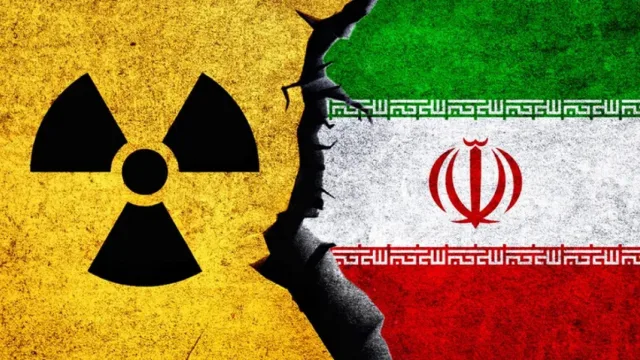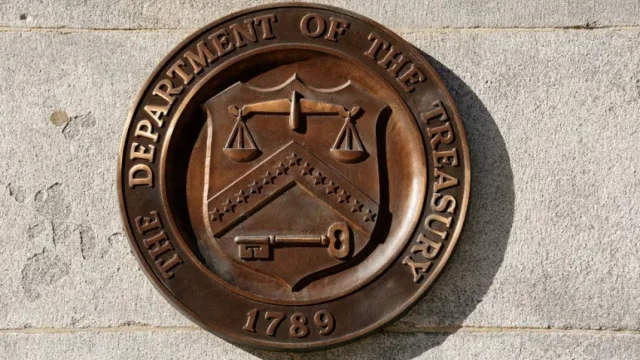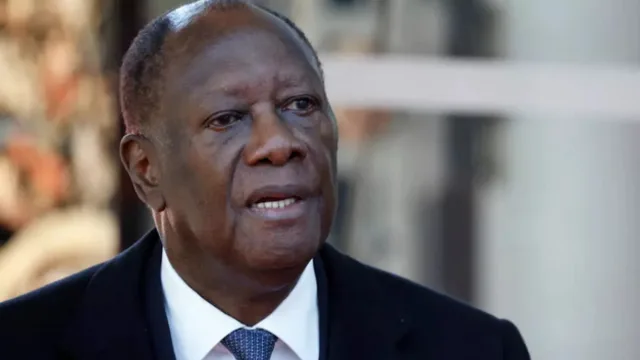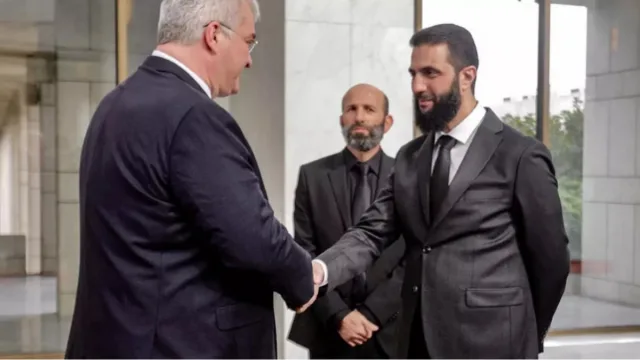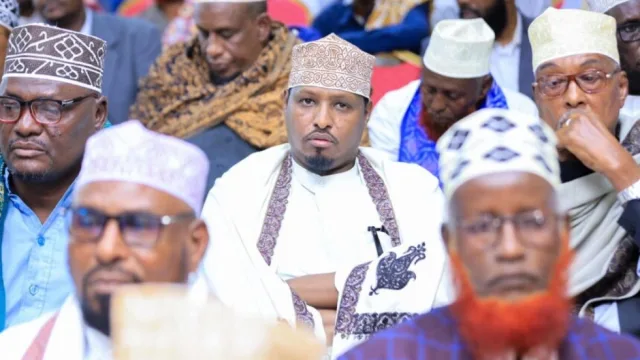The purpose of the Somali Parliament is to provide local representation in government at different levels…
The purpose of the Somali Parliament is to provide local representation in government at different levels – in the Senate and House. The central charge of Parliament is to represent the diverse interests of the Somali people, particularly safeguarding liberty and freedom, enacting legislation, and promoting democracy.
There are three major branches of government in Somalia – Parliament, Executive, and judiciary. Parliament has the greatest influence among these governing powers in democratic society. It must maintain the balance of power and insure that no one branch of government dominates. In addition, Parliament is responsible for oversight of the other branches.
Despite these checks and balances the Somali Parliament encounters many difficulties. It is burdened by the commitments of serving foreign interests, ill-conceived motions of impeachments, and self-serving interests of members who pursue soft money vote-paying, lucrative political careers in executive branch, and publicity efforts to win reelection. Those controversial values, combined with unethical behaviors of political bribery, reflect an unsympathetic public perception against the reputation of Parliament.
Parliament appears to be messy, slow, divided, and unfocused on the issues important to public services. The lack of resources often creates great obstacles that makes Parliament appear to be unfit to do its work. The ineffectiveness leads to public frustration and negative attitudes that threaten the effectiveness of its decisions and long-term survival.
The failure to properly oversee the proper functions of other branches of government contributes dissatisfaction and extremely low approval ratings. No doubt, oversight creates unfriendly situations and can cost enormous uneasiness with members who are seeking support for their bid for reelection. Without proper oversight of the legality of presidential decisions, the president acts under the doctrine of only one greater executive power and takes ownership of important legislative powers that belong to Parliament.
It’s well known that the officials in the executive branch are unwilling to share sensitive information with Parliament to keep Parliament uninformed of executive branch activities. One of Parliament’s non-legislative function is the obligation to utilize its power to investigate the executive branch.
The national capital in Mogadishu is a national district under the exclusive jurisdiction of the direct authority of the Parliament. The Banadir regional state is expected to donate land to create a national district with an independent municipal government. The district hosts the headquarters of all the national government institutions, national monuments, foreign embassies, international organizations, and civil society professional associations. Parliament has the sole responsibility to form the national district in Banadir region, the seat of the national government. The people in the Banadir regional state have the right to elect their representatives in their local state administration and in the national parliament. The residents in the national district elect their mayor and council that govern the district, but have no representation in Parliament. Parliament is obligated to make decisions for the fate of Mogadishu and respect the rights of its citizens.
To be effective, Parliament must be especially sensitive to public pressures and act more rapidly to issues of public interest. The connection between Parliament and the people is crucial to empower its legislative outcomes. Parliament can assist citizens with their problems in government bureaucracies and create a culture that avoids political theatre for the purpose of grandstanding. The culture of creating constructive cooperation and compromise avoids the tendency of deep political polarization and infighting within Parliament and in the public. A responsible parliament encourages public debates on issues related with broken promises and reconciling many issues related to public policies. It also needs to understand the powerful influence of interacting with civic institutions such as political parties, interest groups, civic associations, and media, so that tabloidization of negative and sensational views remain unpopular. Having skilled members open to public opinion may lead to greater flexibility in policies and promote civility in Parliament, and cultivate pragmatic solutions through peaceful debate.
Even though in reality Parliament appears to play a passive role in shaping government policies, it should not concede its authority to the executive branch. Delegating power compromises its role in the government and diminishes public trust.
Somali Parliament is facing a new and unpredictable era with people demanding a change in the course of governing the country. People want Parliament to match promises with prompt action and to use its power to deal with executive and judicial officials committing crimes of treason and bribery. Unitary executive power covers up presidential wrongdoings and treats the parliamentary session as a friendly social gathering. Only Parliament has the power to regulate commerce with foreign nations, raise armies, and add new states into the nation. Therefore, the Senate has the power to check executive office by ratifying treaties negotiated by the president. There is no mistake that the executive office is benefiting from the incomplete foundations of the Senate and the vague role it has in the provisional constitution.
In general view, the Senate and House of the People are both partners in the legislative process, and it is their obligation to work rapidly enacting all necessary laws to promote democracy, hold elections, complete member states in the nation, establish military forces, and regulate taxation and foreign treats. The country needs a complete remake of all laws that are indispensable to effectively run all institutions of government. Such a great overhaul requires enormous efforts and altruistic sacrifices from a dedicated Parliament. It is perceived that there are rising public sentiments regarding erroneous attitudes of the executive officials who are thought to be allied for tribal revenge. Executive power is not a tool to express intentions of ancestral revenge or to empower disturbing alliance. No doubt the senior executive officials are making great efforts to pay debts owed to lobbyists, wealthy contributors, and potential donors who offer substantial contributions to their election campaigns. Political financing is certainly benefitted by corrupt leaders who are misappropriating funds for their future reelection campaigns. Soft money contributions for political campaigns is an indirect means of trade-offs for lucrative contracts and well paid government positions. Parliament has the power to end political payoffs, so it has to show the public its awakening assertiveness for ending the doctrine of unitary executive. My hope is that the parliament not to convey the impression of being a graveyard for legislation.
Dr. Saciid Ciise Maxamud (Sacim)
Chair of the Somali People’s Party
Saciidciise258@aol.com
Maine, United States of America

